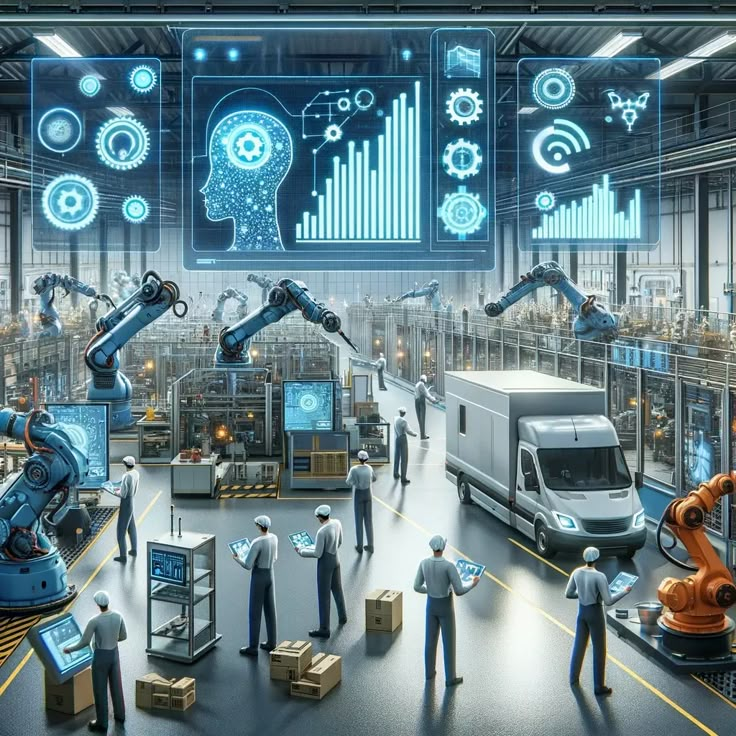Introduction
Containerization and orchestration have revolutionized software development and deployment, providing consistency, scalability, and efficiency. Containers allow applications to run in isolated environments, ensuring portability across different systems, while orchestration tools like Kubernetes manage container deployment, scaling, and operation.
As organizations strive for faster deployments and higher reliability, managing containers and orchestration platforms becomes more complex.
Understanding Containerization and Orchestration
Containerization packages applications with all necessary dependencies into lightweight, isolated units, enabling consistent behavior across environments. Orchestration manages container deployment, scaling, and maintenance, with tools like Kubernetes, Docker Swarm, and OpenShift being industry leaders.
Key functions include:
- Container lifecycle management: Building, deploying, and deleting containers.
- Load balancing and scaling: Distributing workloads efficiently across containers.
- Service discovery: Identifying and communicating with available containers.
- Monitoring and logging: Tracking container performance and system health.
The Role of AI in Containerization and Orchestration
AI enhances container and orchestration management by:
- Automating routine tasks like deployment and scaling.
- Optimizing resource allocation based on real-time demands.
- Improving system reliability through predictive failure analysis.
- Enhancing security with AI-driven threat detection.
By integrating AI, organizations can reduce manual errors, increase efficiency, and enhance scalability.
Automated Container Deployment
AI simplifies container deployment by automating various tasks:
- Continuous integration and delivery (CI/CD) automation.
- Optimizing container builds for faster deployment.
- Managing configuration settings with AI-driven insights.
- Reducing deployment errors through automated testing.
Automation speeds up deployment while maintaining high reliability and performance.
Intelligent Resource Optimization
AI ensures containers use resources efficiently:
- Analyzing CPU and memory usage in real time.
- Predicting resource needs based on workload trends.
- Dynamic resource scaling to match demand.
- Reducing infrastructure costs by optimizing resource allocation.
Efficient resource management leads to cost savings and improved performance.
Predictive Failure Detection and Recovery
AI predicts potential failures and automates recovery:
- Analyzing historical data to forecast failures.
- Automated container restarts to minimize downtime.
- Proactive issue identification before failure occurs.
- Reducing system disruptions with automated rollback strategies.
Predictive analytics enhance system reliability and minimize downtime.
Smart Load Balancing
AI optimizes load balancing for containerized environments:
- Distributing workloads based on real-time traffic analysis.
- Reducing latency by selecting optimal container nodes.
- Handling traffic spikes by adjusting load balancing strategies.
- Improving user experience with faster response times.
AI ensures balanced workloads, reducing system overload and enhancing performance.
Security Enhancement in Containers
AI enhances container security by:
- Detecting vulnerabilities in container images.
- Real-time threat analysis and anomaly detection.
- Automating security patches and updates.
- Improving access control with AI-based authentication.
AI-based security measures safeguard containers against evolving threats.
Intelligent Orchestration Management
AI optimizes orchestration tasks like scheduling, scaling, and monitoring:
- Automating container scheduling based on system health.
- Scaling clusters dynamically to match workloads.
- Automated updates and patch management.
- Reducing orchestration overhead with intelligent decision-making.
AI reduces complexity and improves orchestration efficiency.
Enhancing DevOps Practices
AI empowers DevOps teams by:
- Automating CI/CD pipelines for faster development cycles.
- Reducing manual configuration errors during deployments.
- Automated testing and validation of containers.
- Improving collaboration between development and operations teams.
AI-driven DevOps practices enhance software delivery and operational efficiency.
Optimizing Multi-Cloud and Hybrid Deployments
AI helps manage complex multi-cloud and hybrid environments by:
- Choosing the best cloud provider for container workloads.
- Optimizing resource usage across cloud and on-premises systems.
- Ensuring compliance and security across platforms.
- Reducing latency by placing containers closer to users.
AI simplifies cloud management, reducing complexity and improving performance.
Cost Reduction and Operational Efficiency
AI-driven container orchestration reduces costs by:
- Reducing infrastructure overhead with optimal resource use.
- Minimizing downtime costs with predictive maintenance.
- Reducing manual intervention with automation.
- Improving overall operational efficiency and system reliability.
Cost savings allow organizations to invest in innovation and growth.
Future of AI in Containerization and Orchestration
AI will continue to advance containerization and orchestration by introducing:
- Self-healing systems that auto-correct issues without human input.
- Advanced predictive analytics for proactive system management.
- AI-driven decision-making for orchestration tasks.
- Enhanced scalability for large, distributed environments.
The future of AI in container management promises more automated, intelligent, and resilient systems.


